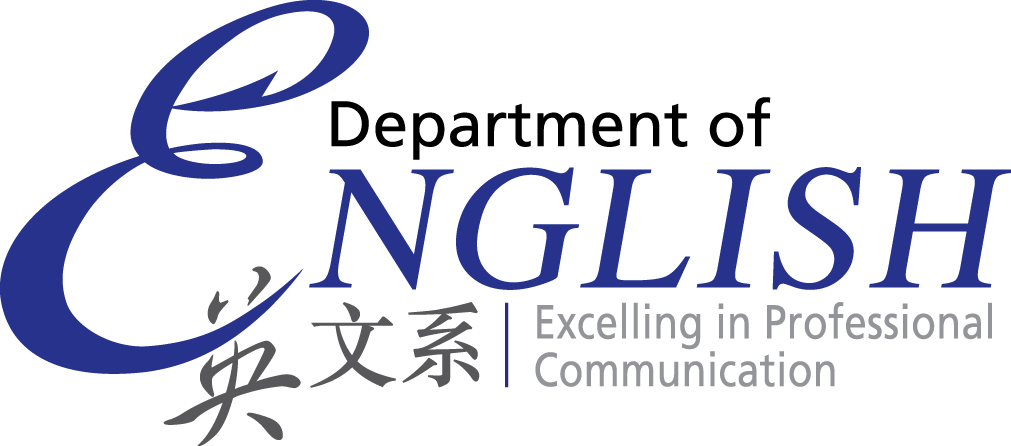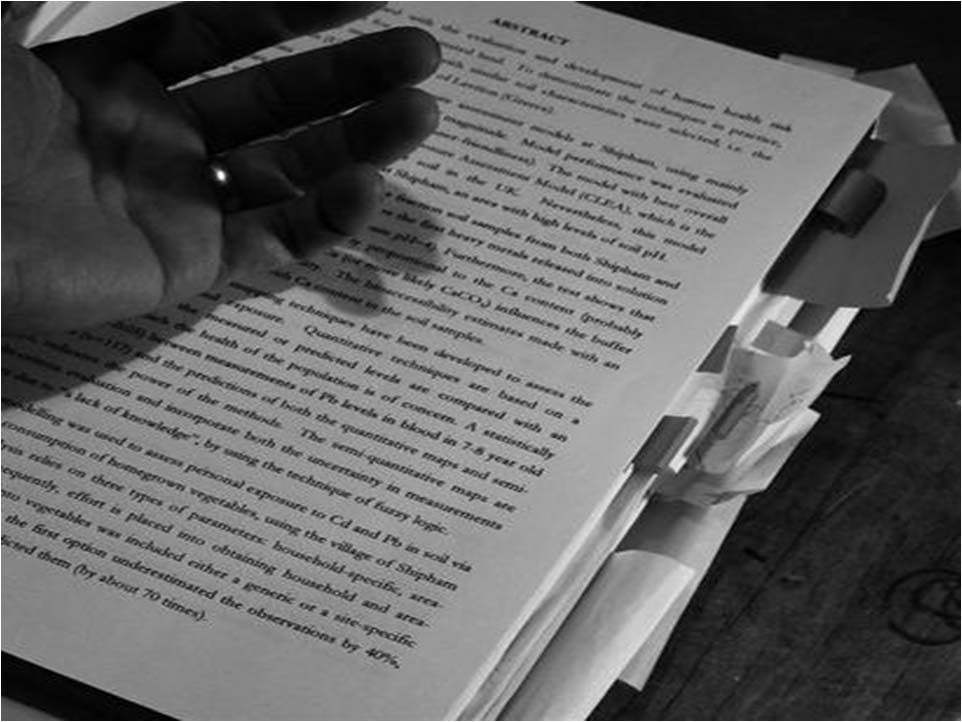Macro-genre: short genres making up a larger text
Literature reviews serve multiple purposes, be it a separate piece of writing or embedded as a part or a chapter of research papers. They describe the background or objective of the study, explain the importance of the study, justify the theoretical and research framework and method, report and discuss the related observations. Also, they, being one of the genres, are a “staged, goal-oriented social process” which allow interaction in the academic society and serve the afore-mentioned functions through multiple stages. Nunan (2008) proposed the similar categories of different genres including:
- Recount: description of events and evaluation of their significance
- Narrative: sequencing of events with culmination of problems and solutions
- Procedure: instruction or listing of events
- Report: presentation of information on an event or a circumstance
- Explanation: explanation on the reason for the occurrence of events or circumstances
- Exposition: providing grounds for an argument
- Discussion: investigation of an issue with multiple perspectives in prior to a conclusion
The previous chapter on generic staging provides an insight of how a literature review is constructed, and the generic stages that gives rise to the multi-functionality of a literature review connects a series of genres into a large text, or in Martin and Rose’s (2008) term, a “macro-genre”. Iedema (1995) pointed out that administrative reports are a macro-genre; Hood (2010) illustrated the purposes the introduction part of a research article as a macro-genre, and Harvey (1995) found the macro-genres in scientific reports include more small genres, namely introducing, informing, describing, stating, appraising, asserting, reasserting, challenging, contending, assuming, estimating, warning, exhorting, suggesting and recommending. Whatever names the genres are, we can see that the formation of a long text with small genres is common in various writing discourse.
An effective literature review should possess a macro-genre so as to serve the afore-mentioned purposes and to help with students’ research or studies. Click here to examine a sample literature review will be analysed according to the generic stages. The macro-genre as well as the micro-genres will be identified to explain their functions.
The literature shown above consists of the obligatory generic stages Value and significance ^ Research question ^ Discussion ^ Conclusion. The writer starts the literature review by clarifying the background of the study as well as expressing the need for the readers to pay attention to the issue. S/he further describes the situation and proposes the research questions for examination, while explaining his/her research methods. From this point, the macro-genre shifts from proposition that provides the background and the importance of the study towards proposition that raise questions and methods to look into them.
The discussion part is the longest part of the literature review, with the patterning of description-elaboration due to the nature of the text – review of the literature on the related issue or topic. There is a touch of the writer’s observation and evaluation occasionally in this part, as s/he validates his/her own case study with literature, vice versa. To connect this part to the conclusion section, there are recommendations at the end of the discussion section. In general, the discussion section can be regarded as exposition, as the writer puts forward a topic with argument (the importance of discourse markers) and evidence, and also a hint of the writer’s evaluation.
As an obligatory stage, the writer must summarise his/her observation and discussion in the conclusion section. S/he implies the significance of the topic (using discourse marker in oral English practice) by pointing out how the change is necessary and beneficial to students. In the end of the whole literature review, the writer wraps up with an exhortation urging readers to take action for such a change. This part is also regarded as proposition that gives suggestions and recommendations.
Harvey, A. (1995). Interaction in public reports. English for Specific Purposes 14(3): 189-200.
Hood, S. (2010). Appraising Research: Evaluation in Academic Writing. UK: Palgrave MacMillan.
Iedema, R.A.M (1995). Literacy of Administration (Write it Right Literacy in Industry Research Project - Stage 3). Sydney: NSW Dept of Education, Disadvantaged Schools Program, Metropolitan East.
Martin, J.R. & Rose, D. (2008). Genre Relations: Mapping Culture. London: Equinox.
Nunan, D. (2008). Exploring genre and register in contemporary English. English Today 94(24): 56-61. doi: 10.1017/S0266078408000217

